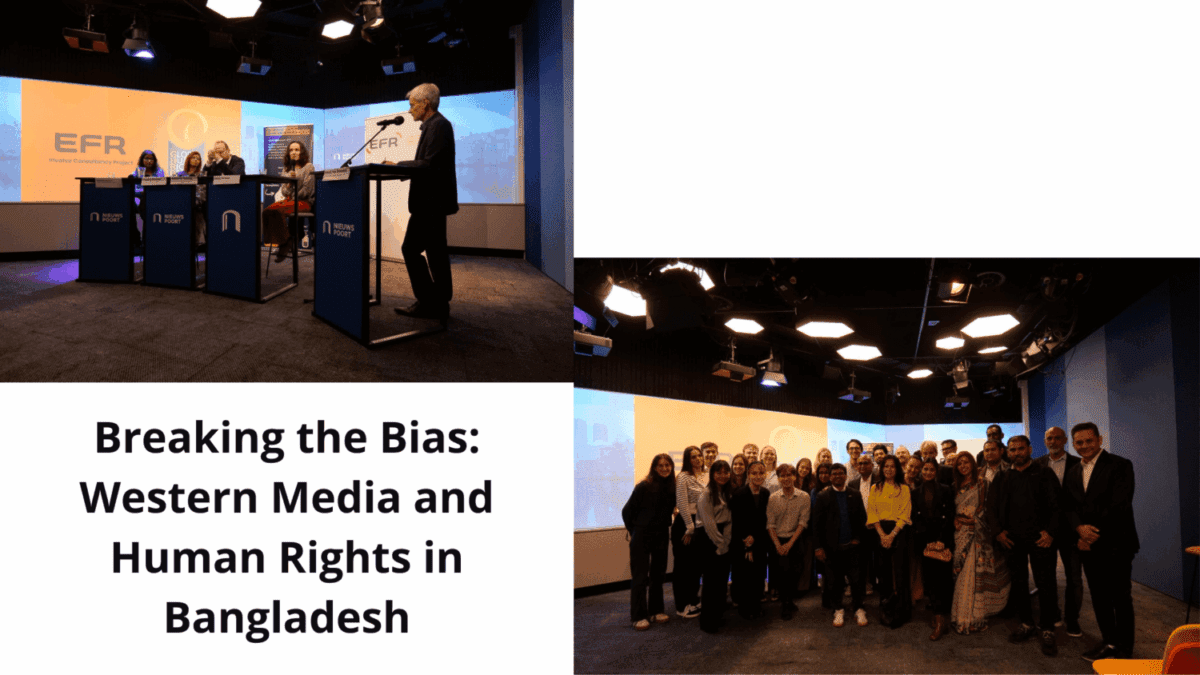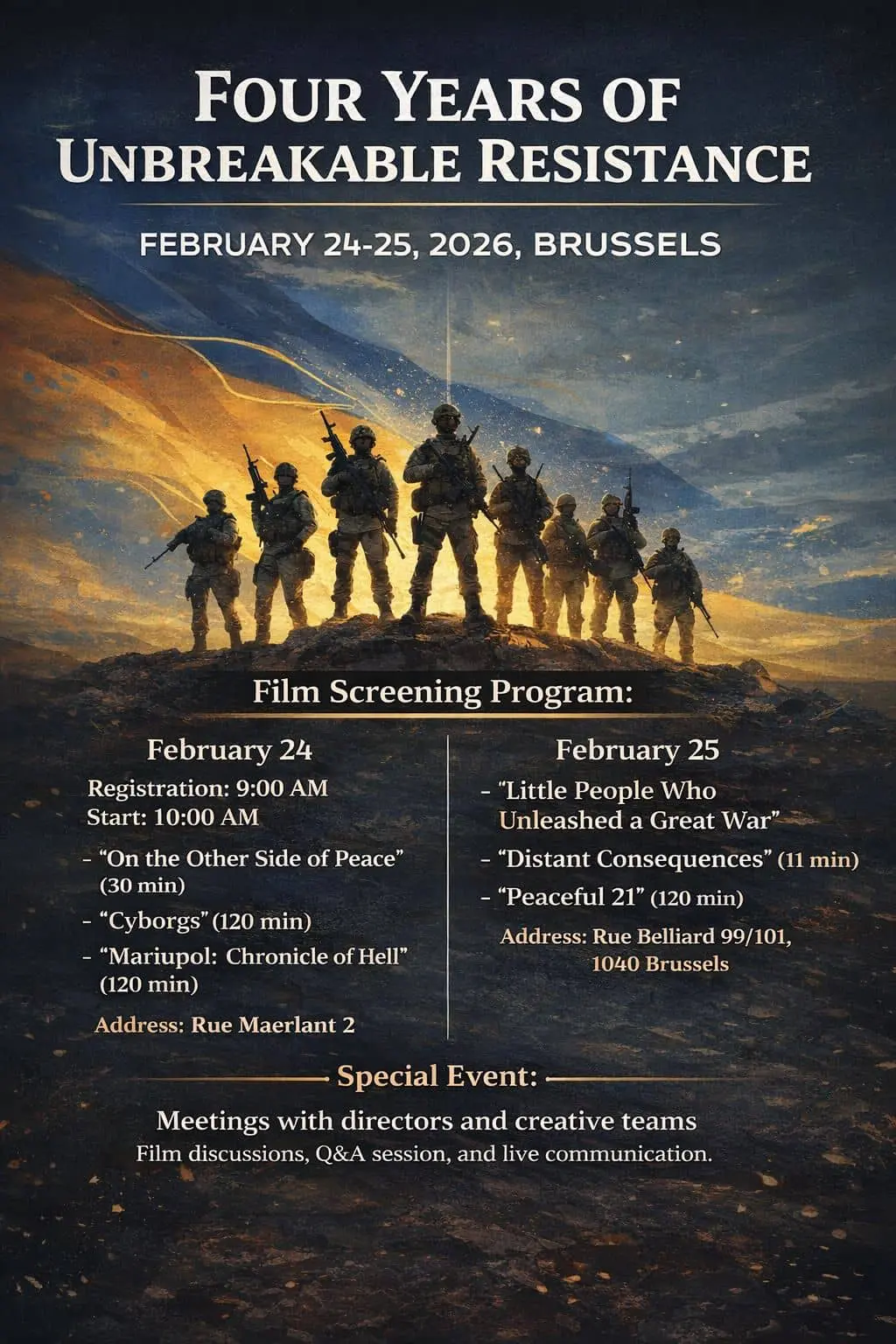On Friday, September 27, the Global Human Rights Defence Foundation and the student team Involve from EFR are organizing a symposium at Nieuwspoort, The Hague, about the human rights situation in Bangladesh and how Western media portrays this issue.
The symposium will specifically focus on the 1971 genocide in Bangladesh, the role of Western media in reporting on it, and the impact on the Bengali community. The event will take an interactive format, featuring renowned genocide experts, former politicians, and human rights defenders. Among the speakers is Harry van Bommel, who will lead the panel discussion and pose questions to the experts.
Instead of formal speeches, the speakers will answer questions related to their expertise and fields of work, with special attention to Western media and human rights in Bangladesh, as well as the Bengali genocide of 1971. The symposium will emphasize the consequences of bias in Western media regarding the situation in Bangladesh. It will address the societal, economic, and political effects of the 1971 War of Independence. Additionally, connections will be made between Bangladesh’s past and current political and social unrest, including the impact on the Pakistani population and the broader context of the issues discussed at the symposium.
Students from the Erasmus School of Economics, affiliated with the Involve Team of the Economic Faculty Association Rotterdam (EFR), will also participate in the symposium. These students have prepared a report on Bangladesh’s complex history, focusing on the Liberation War of 1971 and its aftermath. The report highlights the atrocities committed by the West Pakistani army during the war, which still have not been officially recognized as genocide by the international community. It emphasizes the influence of media bias in shaping public opinion and policymaking.
Western media, with their focus on military conflicts and neutral tone during the Liberation War, likely downplayed human suffering, possibly due to geopolitical interests. The war had devastating consequences for Bangladesh, including the loss of intellectuals, infrastructure, and economic instability. The trauma of 1971 continues to have a lasting impact on Bengali society and politics. A sentiment analysis from the report shows that Western media’s attitude toward Bangladesh has improved over the years, while Pakistani media remains predominantly negative.
The report calls on the international community to re-evaluate the events of the 1971 Liberation War and recognize them as genocide, which could contribute to moral justice for the Bengali people and foster a more positive image of Bangladesh in global media. The symposium provides a unique opportunity to discuss these complex and pressing issues with leading experts and stakeholders. For more information about the symposium or to register, you can contact the Global Human Rights Defence Foundation.







